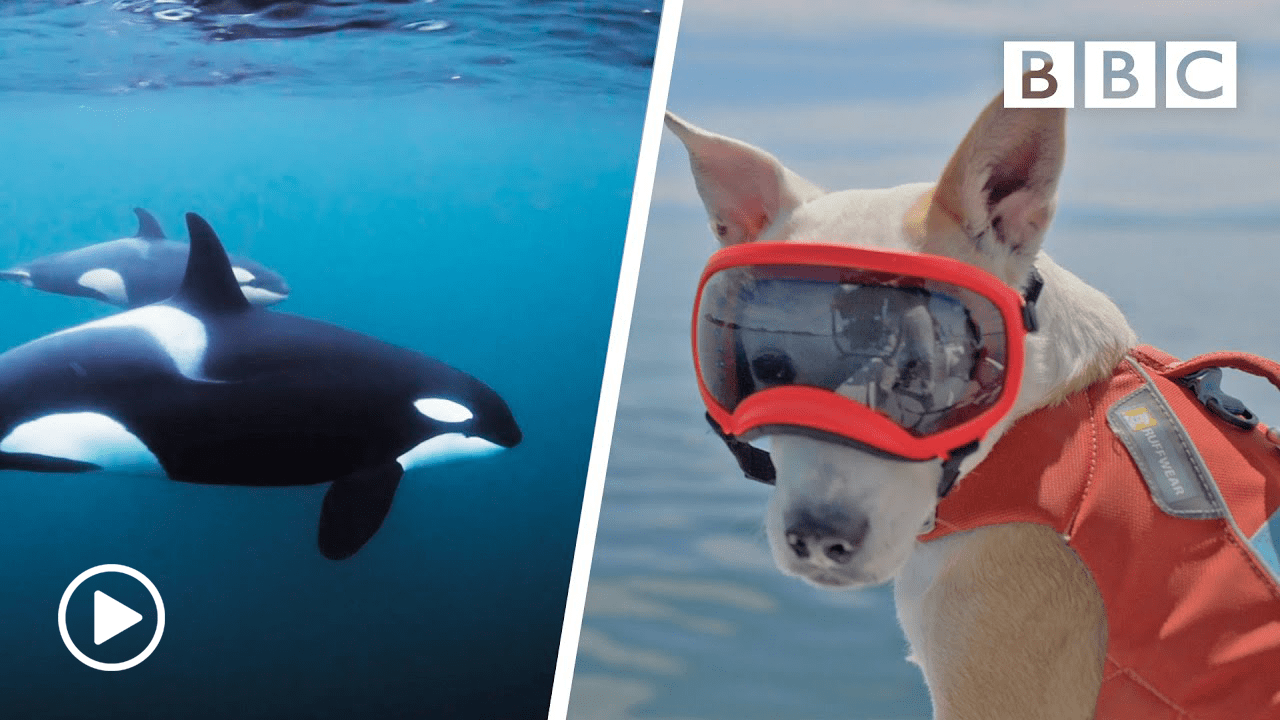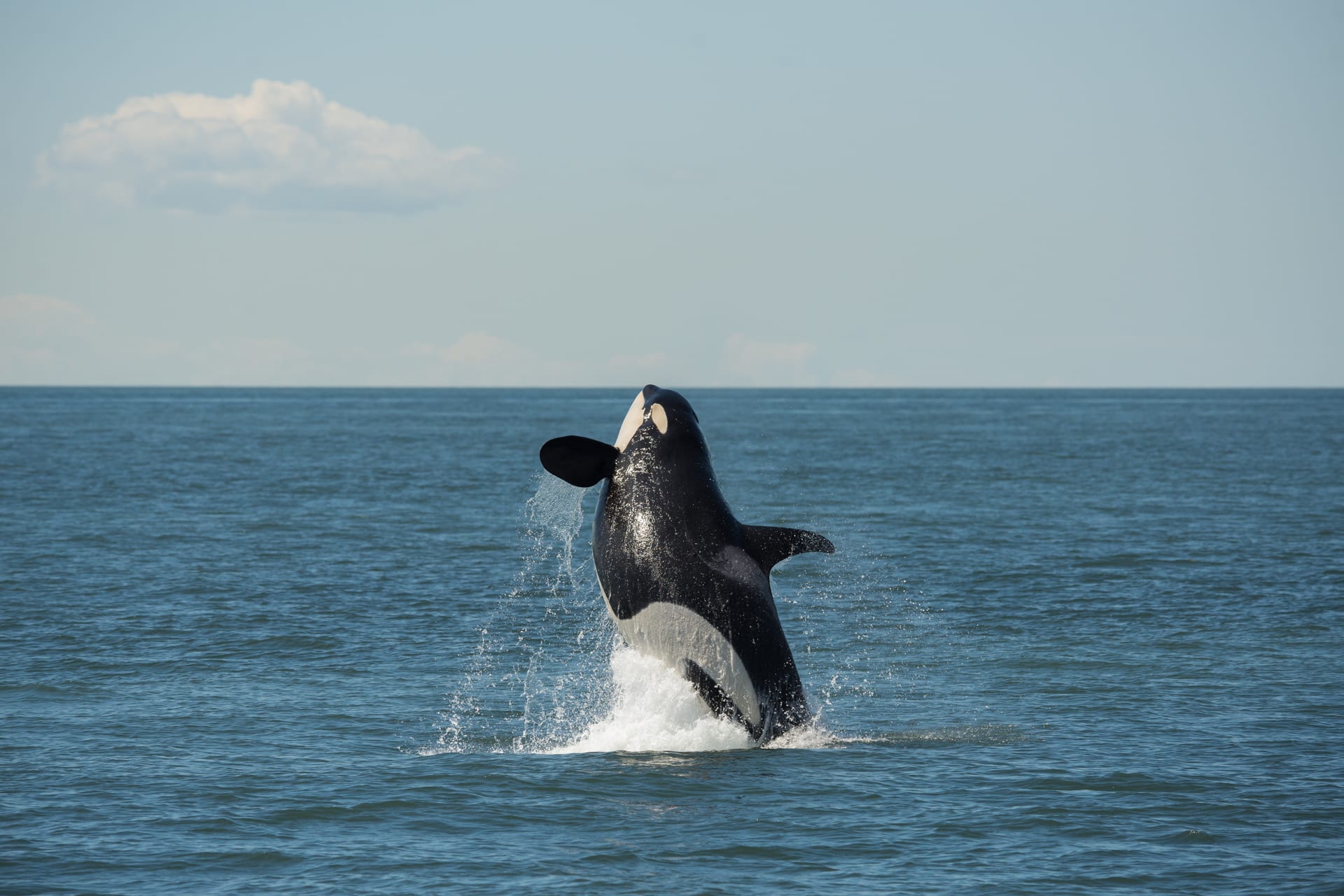Conservation Research
When it comes to recovering an endangered species, action must be driven by accurate and timely research, collected without harm.
Wild Orca’s high-impact conservation research program utilizes one-of a-kind non-invasive methods. We’re stronger together, so we collaborate with the most respected names in wildlife conservation research to paint a near real-time picture of the health of endangered Southern Resident killer whales, and provide timely data to the public and management agencies used to understand and address the causes of population decline.
The Southern Resident Killer Whale Health Monitoring Program
Hormone & Toxicant Analysis
Borrowing the superpower of a dog’s nose, we detect, collect, and analyze whale feces to reveal key health indicators including pregnancy, nutritional stress, and toxicant presence.
Health Assesment
We capture individual health data that informs our understanding of caloric expenditure and its relationship to foraging effort.
Behavior & Human Impacts
We observe and collect data that builds on our understanding of human impacts on killer whales. This information can be used to adapt policy related to noise and vessel effects.
Meet Eba
Eba, our scent detection dog, is trained to detect whale feces. Using the superpower of a dog’s nose allows our team to remain further away from the whales than other methods, making this research non-invasive.
Eba helps us to locate floating killer whale feces through her movements and body language. Once collected, Eba is rewarded for her good work with a few minutes of rigorous play with her favorite toy.










